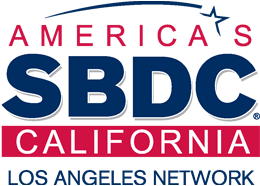Should you pay employees for rest and meal breaks? Are you even required to offer such breaks?
We all need rest and meals during work hours and the law stipulates standards for these breaks, including whether your employees should be paid for them. Here’s what you need to know:
Federal Wage and Hour Laws
Under the Fair Labor Standards Act of the U.S. Department of Labor, non-exempt employees can take short breaks (although it’s not mandatory). A short break is typically considered to be 20 minutes or less, and employees must be paid for these as hours worked. When it comes to meal breaks, anything more than 30 minutes does not generally need to be compensated as work time (although again, meal breaks aren’t required under federal law). But here’s the caveat – if your employee does any kind of work during that meal break, such as answering email or taking a business phone call, then you must pay them for that break.
Bathroom breaks, which are required under the Occupational Safety and Health Administration, are excluded from the definition of rest breaks.
To avoid any legal hassles, be sure you communicate your break policy to employees. For example, employers have been known to come under the spotlight for permitting certain workers to take frequent (paid) cigarette breaks, while other employees do not. If employees are taking unauthorized breaks, or unauthorized extensions of authorized breaks, you are not required to count the unauthorized time as hours worked (so long as the terms of what is authorized/unauthorized have been expressly communicated to employees).
State Wage and Hour Laws
Even though meal and rest breaks aren’t required under federal law, some states do impose mandatory breaks for employees in specific industries after a certain amount of hours worked. For example, in California, a meal break must be provided no later than the end of the employee’s fifth hour of work. So giving employees the option of skipping lunch to get out of work early is breaking the law.
Generally, state laws stipulate a 30-minute paid meal break. For laws in your state, check this consolidated breakdown of state meal break requirements and rest break laws from the Department of Labor. You can also refer to your individual state labor office.
Related Resources
Related Blogs





